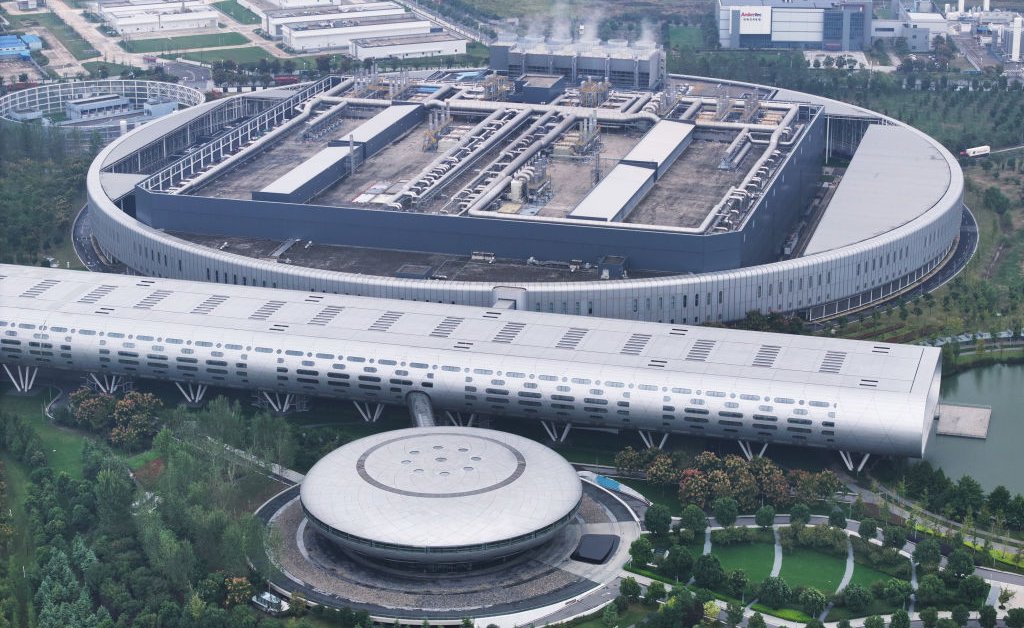President Trump’s announcement of varying tariffs in the last month has caused tech stock prices to dip, leading to concerns among investors about the potential broad impacts on the tech sector. Companies like NVIDIA, Taiwan Semiconductor Manufacturing Co (TSMC), and AMD have all seen their shares wobble in response to news that Trump might implement a 25% tariff on semiconductors shipped to the U.S. The proposed tariffs are part of Trump’s plan to encourage more semiconductor and AI-related manufacturing in the U.S. However, industry insiders are not yet changing their long-term strategies in response to the tariff threats, viewing them as just another factor in an already volatile industry.
According to Scott Almassy, semiconductor lead at PwC, tariffs are seen more as a temporary blip rather than a significant headwind for the industry. Nazar Khan, co-founder and CTO of Terawulf, a data center company, also echoes this sentiment, stating that most companies are not altering their plans due to the uncertainty surrounding the tariffs. The complex ecosystem of the semiconductor industry means that companies are constantly adapting to various external factors, and the threat of tariffs is just one more challenge to navigate.
Trump’s proposed semiconductor tariffs could come into effect as early as April 2, which has prompted industry players to take immediate action to mitigate potential costs. Khan mentions that Terawulf is expediting deliveries to ensure they arrive before the tariffs are implemented. Additionally, companies are negotiating with suppliers to determine who will bear the extra costs for deals that will be finalized later in the year. Some suppliers are refusing to absorb the tariffs, while others are willing to share the burden to secure deals quickly.
Economists have highlighted that the cost of tariffs is often passed on to the end consumer, leading to higher prices for goods. Mary Lovely, an economist, points out that during the first trade war, 100% of the tax was ultimately paid by American buyers. This suggests that consumers could potentially face increased prices for tech products if the tariffs are implemented, impacting purchasing decisions and overall market demand. Companies may need to reassess their pricing strategies to remain competitive in a tariff-affected market.
Despite the uncertainty surrounding Trump’s tariffs, the tech industry remains resilient, with companies continuing to innovate and adapt to changing market conditions. While the threat of tariffs poses challenges for semiconductor manufacturers and tech companies, industry experts believe that the long-term impact may be minimal. As companies navigate the complexities of the semiconductor ecosystem and adjust their strategies accordingly, they are focused on maintaining stability and growth in the face of external disruptions such as tariffs and trade wars.









